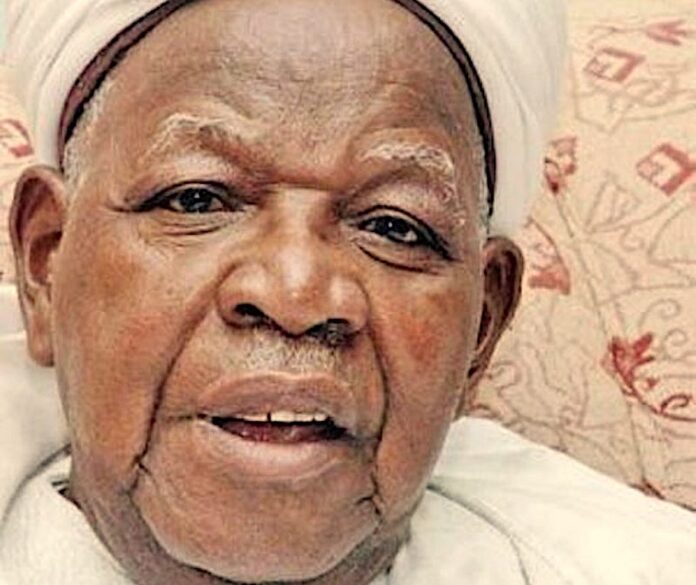By Abdullahi Inuwa
Justice Mamman Nasir, the 10th Galadiman Katsina and a notable figure in the Nigeria’s judiciary, passed away on April 13, 2019, at the age of 90. His death marked the end of an era defined by legal brilliance, public service, and traditional leadership.
Born on July 2, 1929, in Katsina, Nasir’s early education took him from Malumfashi to Kaduna College, where he earned the West African School Certificate in 1947.
He furthered his studies at the University of Ibadan, obtaining a certificate in Latin, and later pursued legal studies at the Council of Legal Education in London.
In 1956, he was called to the bar at Lincoln’s Inn, becoming one of the first northerners trained in common law to serve in Nigeria’s post-colonial legal system.
Upon returning to Nigeria, Nasir was appointed Crown Counsel in 1956. He served as Minister of Justice for Northern Nigeria from 1961 the position he held until the 1966 coup.
In 1967, he became the Director of Public Prosecution and Solicitor-General of the North Central State. His judicial career peaked when he was appointed to the Supreme Court in 1975. In 1978, he became President of the Court of Appeal, a position he held until his retirement in 1992.
After retiring from the judiciary, Nasir was turbaned as the Galadiman Katsina and District Head of Malumfashi in 1992. In this role, he was a key figure in the Katsina Emirate Council and contributed to local governance and development.
Throughout his life, Nasir was known for his integrity, humility, and dedication to public service. He chaired several national committees, including the Committee on Transition to Civil Rule during General Sani Abacha’s regime, reflecting his continued influence in Nigeria’s political landscape.
His death elicited tributes from across the nation. Former Vice President Atiku Abubakar described him as “one of the most respected and decent judges in Nigeria’s history,” noting that his wisdom was still needed by the country.
The then Senate President Bukola Saraki remembered him as a fearless and hardworking jurist who contributed immensely to national development.
Justice Nasir was buried in Malumfashi on the day of his death, with funeral prayers led by the Chief Imam of Malumfashi and attended by dignitaries, including the Emir of Katsina and the state’s Deputy Governor.
He is survived by three wives, 13 children, and numerous grandchildren.
His legacy as a jurist, traditional leader, and public servant continues to inspire generations in Nigeria and beyond.
Abdullahi Inuwa Social Commentator ainuwa303@gmail.com




